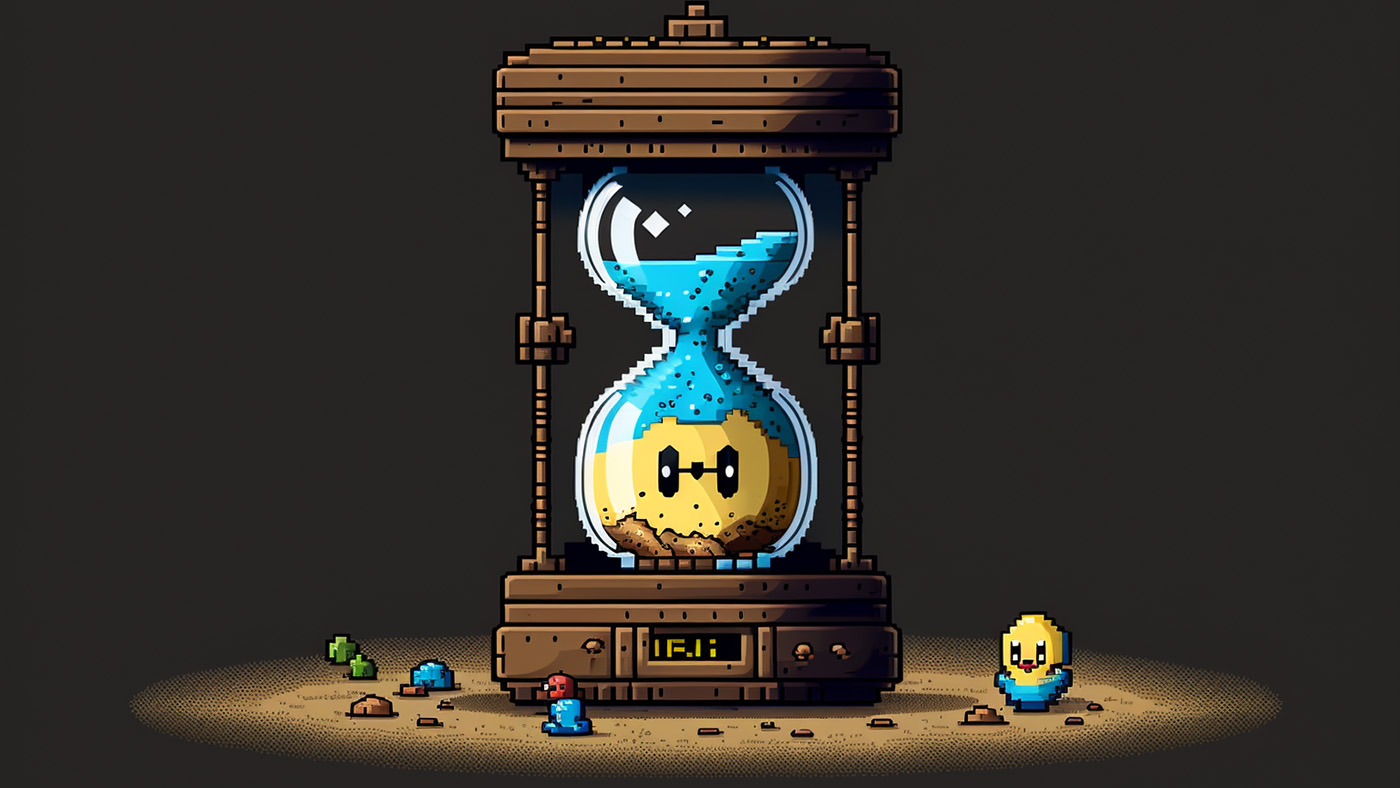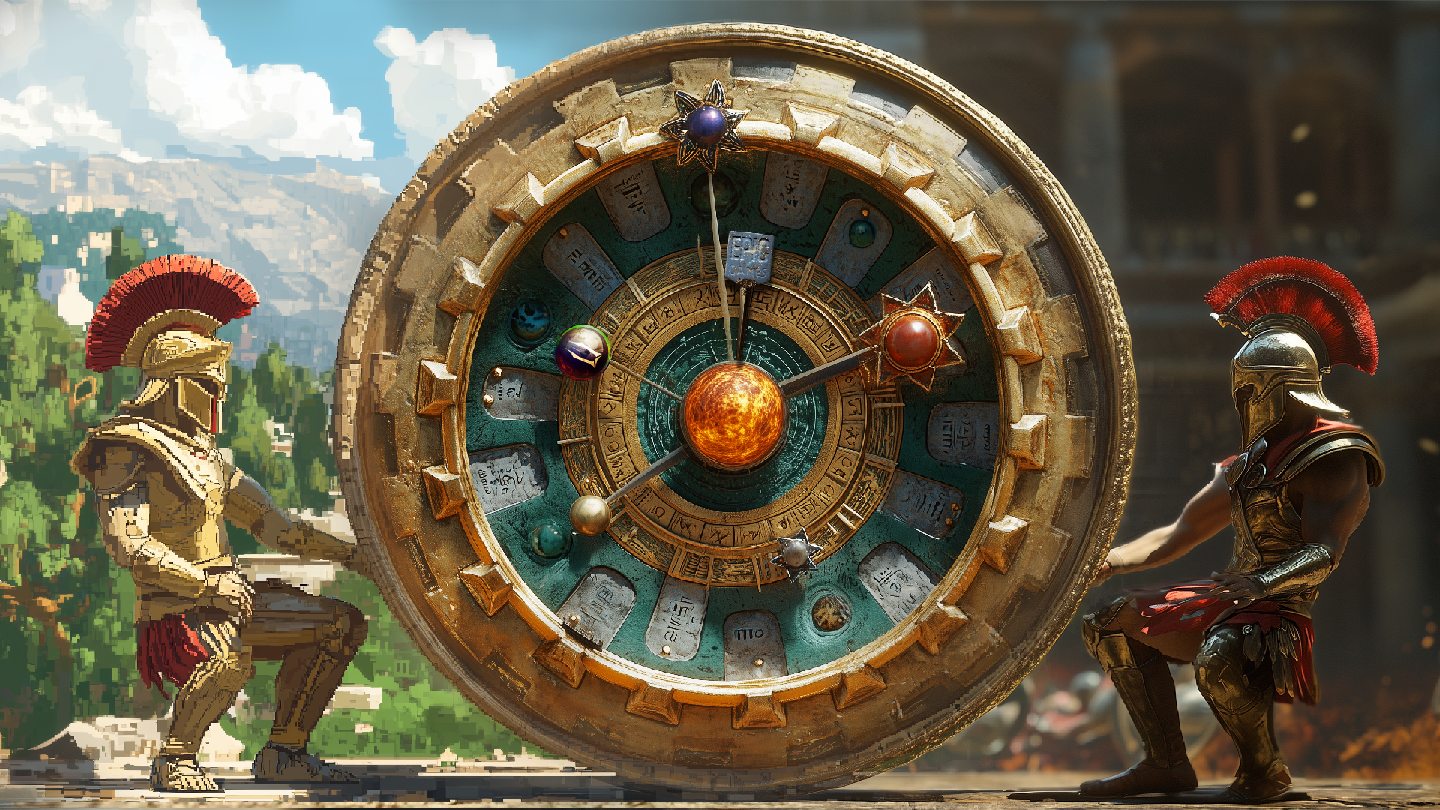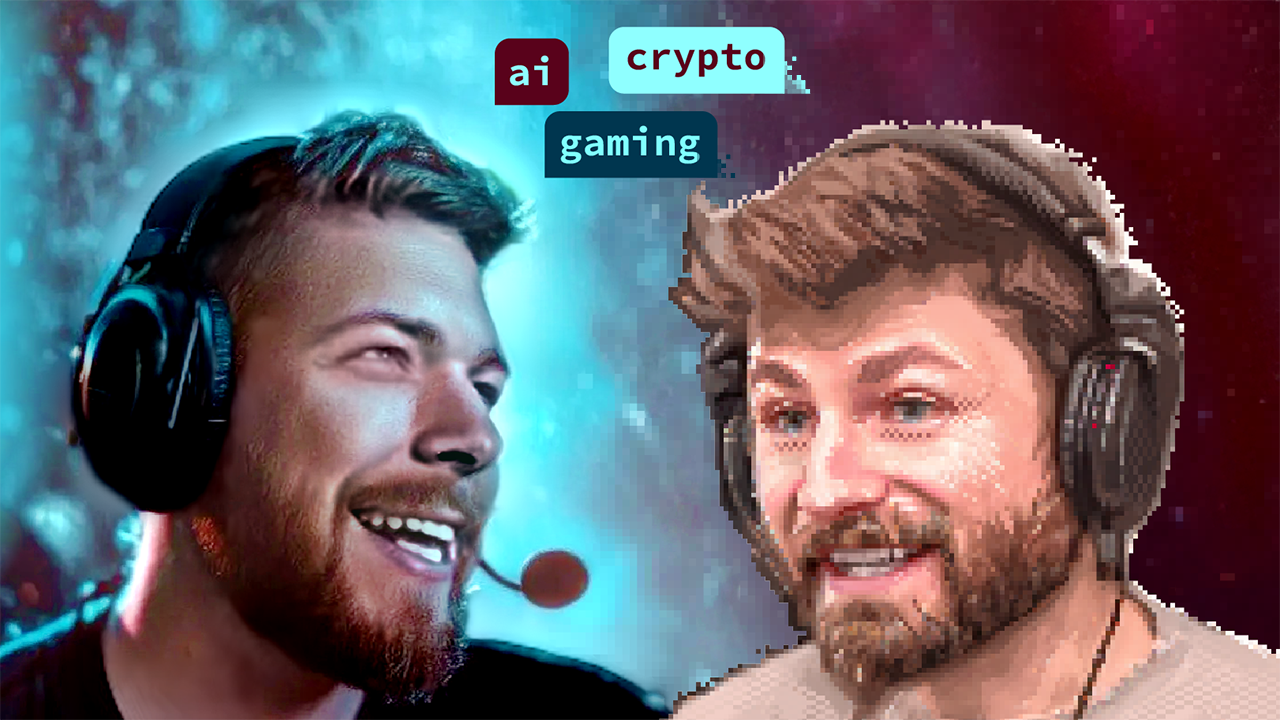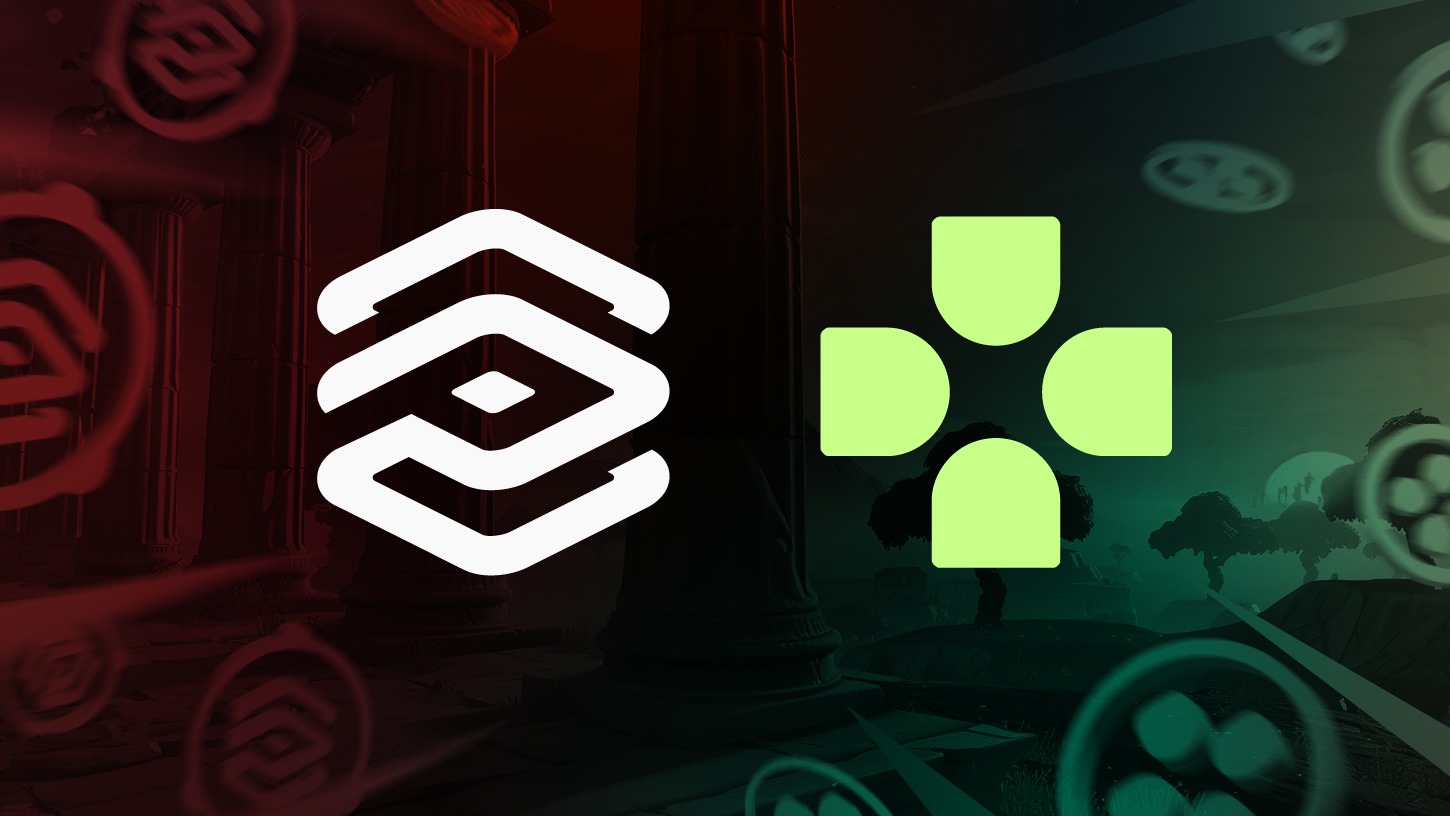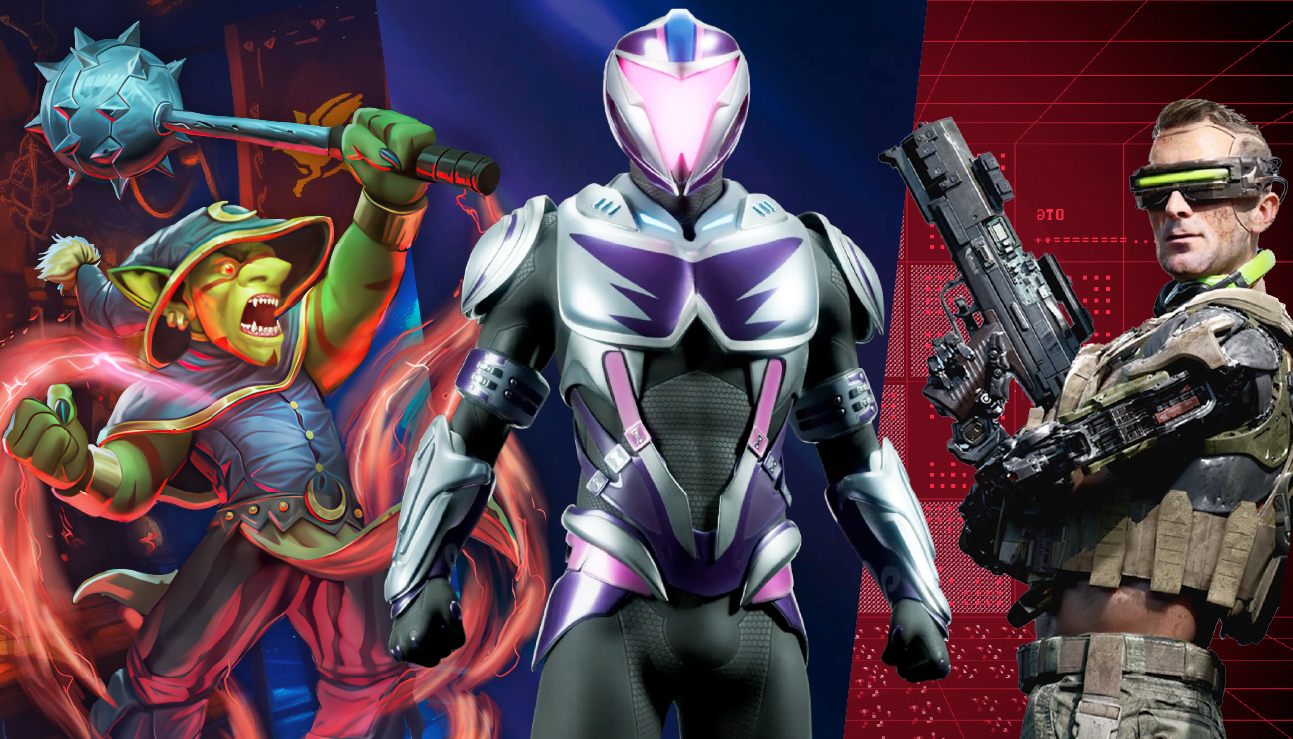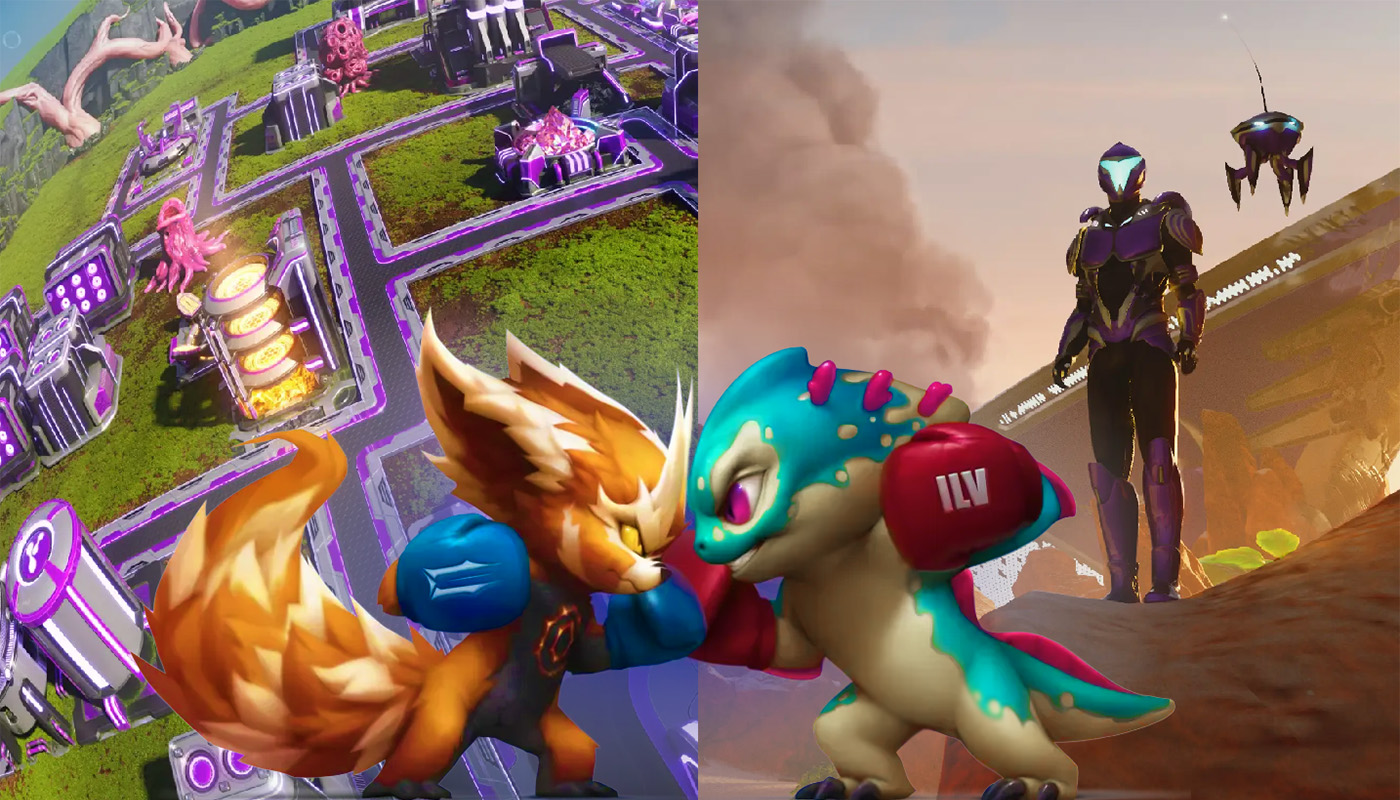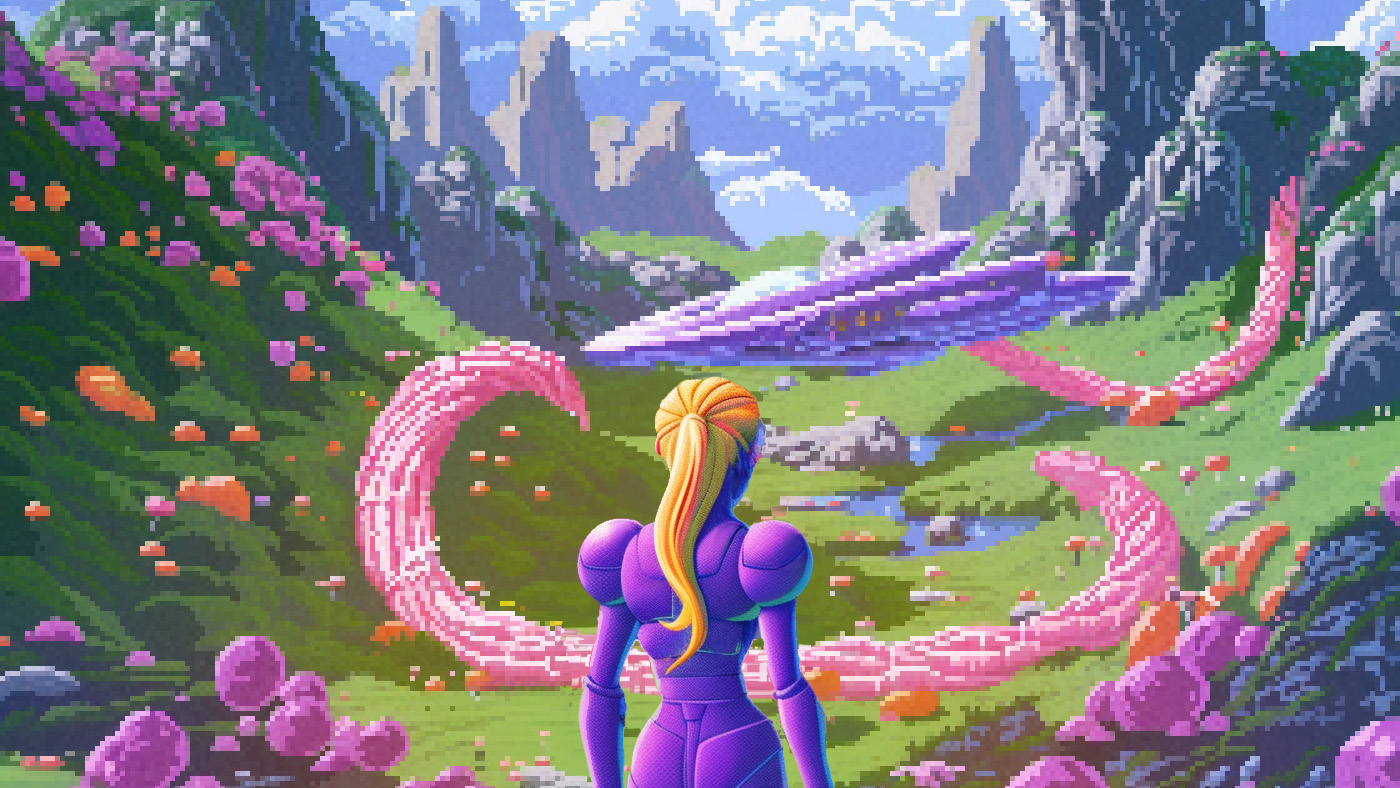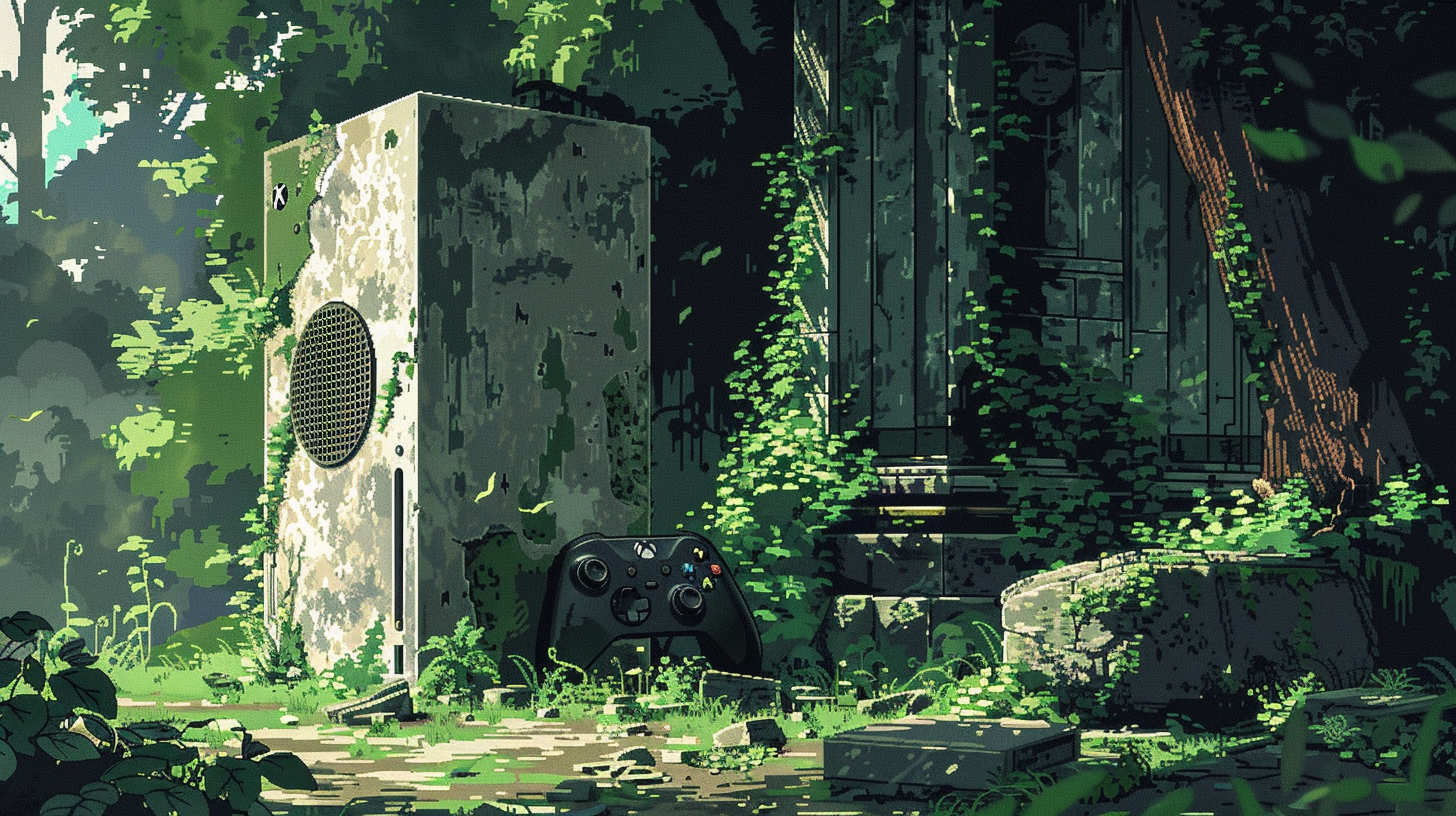The time it takes for a new player to start having fun will help determine which blockchain games succeed, according to speakers at a web3 industry conference.
Blockchain game founders and executives spoke at Convergence, hosted today on Twitter Spaces by esports platform Yesports. Overarching themes were reaching mainstream gamers through focussing on gameplay, and pushing blockchain mechanics into the background.
“The focus has to be playing and time-to-fun,” said Chris Ebeling, founder of horse racing blockchain game Zed Run. “The game has to be enjoyable, it has to give them their dopamine hit … the additional stuff that blockchain and this true digital asset ownership gives you is an enhancement on an emotional connection.”
Make it blockchain easy
The primacy of gameplay and the importance of introducing blockchain elements slowly as natural parts of the game ecosystem were emphasised by John Chen, co-founder of mech shooter Metalcore.
“The main challenge is that there’s a lack of education and a lack of information. On the UI (user interface) front there are too many steps … nine clicks is a long way … in traditional gaming it’s one, two steps and you’re ready to play. It’s important to try and cross that chasm and provide a great gaming experience that is seamless.”
Chen used the example of Metalcore, which will be free to play. Most of the main game elements, such as tanks and mechs, are NFTs (unique assets registered on the blockchain), but players don’t need to know that to play the game.
“Our hope is that the underlying tech will start to showcase itself. As you play the game, as you level up, as you progress, you’ll start to unlock certain features: ‘I can lend my mech to somebody else, I can take some of these in-game assets off of the game.”
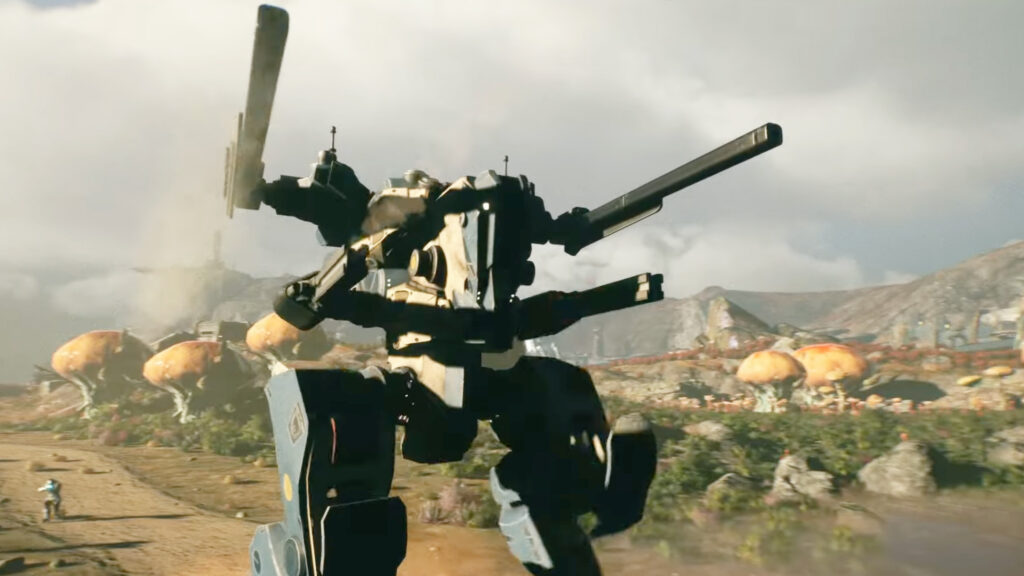
This is a similar approach to that being taken in extraction shooter Shrapnel, by Neon. (See the Polemos interview with Neon CEO Mark Long for more information). Chen, with many other speakers, noted that the first phase of web3 gaming was limited in terms of potential audience.
“Web3 has proven to be a niche area … our main focus is trying to build a good game … The web3 community get [the blockchain elements] intuitively. Unfortunately that’s less than 1% of the broader market. We need to access the other 99%.”
Speakers
The forum was hosted by Yesport’s founder Sebastian Quinn. In addition to Ebeling and Chen, speakers were:
- Chris Jeasson (Planet IX)
- Miles Anthony (Decentraland)
- Grant Haseley (Undead Blocks)
- Benas Baltramiejunas (Shatterpoint)
- Sumeet Patel (Exiled Racers)
- Abshihek Pegada (Fabwelt Arsenal).
While the conversation focussed chiefly on the problems of raising awareness of blockchain benefits – and avoiding the opprobrium accumulating to terms such as “NFT” and “play-to-earn” – there was also some discussion on the benefits of web3 tech and community.
“Bi-directional value transfer is one of the key aspects (of blockchain games). Web2 gaming is one-directional,” said Chen. “I’m giving up my data, I’m buying in-app purchases. I’m giving my time and resources to play the game, but besides entertainment value, I don’t get anything back. When I’m done with the game, I can’t take anything with me, it’s all gone.”
Chen pointed out that to understand the value of the bi-directional value flow, gamers have to take the first step and play the game.
Copy or create?
While the forum speakers agreed on most points, an interesting difference existed between those who favoured emulating mainstream games, with blockchain tech added, and those who called for fundamentally new game dynamics.
Benas Baltramiejunas, founder of free-to-play mobile RPG Shatterpoint, fell into the latter camp.
“What this market really needs is a unique title, which is also unique from the gameplay perspective. Just mirroring (a mainstream) game and adding some blockchain elements doesn’t really allow you to attract players from that game. You need to introduce … unique game experiences, which are able to onboard that next wave of players.”
Baltramiejunas said the most important problem for the industry right now was the lack of a really good game.
“We haven’t really seen quality games being delivered into the market. We’ve seen just high-level gamefi experiences, not really actual games or eSports titles, which can really pick up and onboard tens and hundreds of millions of players.”
The Convergence conference has two more discussions scheduled, on March 7 and March 31.
Enjoy our reporting? Sign up for the Pharos newsletter and receive an update every week for free.

